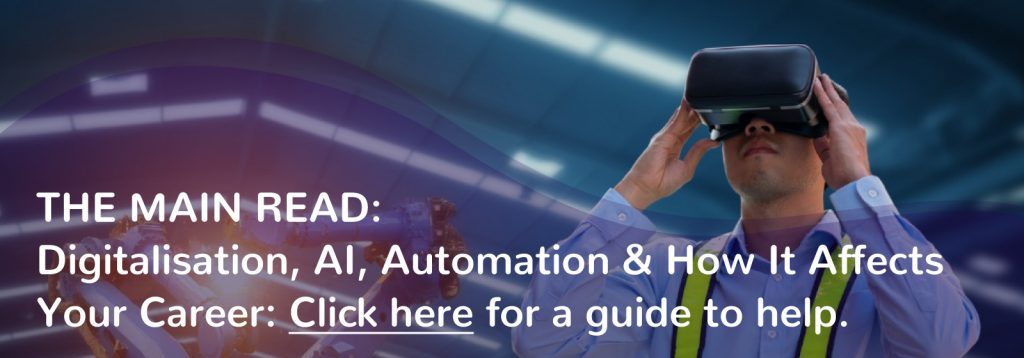Thanks to technology, the world we live in today has seen remarkable improvement. The biggest change being how work functions with the integration of technology.
This was shared at The Future of Work: Winning the Talent Race webinar organised by HRD Asia and Workforce Singapore in May.
In this iteration, experts Luke Clark (Senior Content Manager, PageGroup), Nicole Scoble-Williams (Leader of Global Future of Work, Deloitte) and Dr Christopher Fong (Principal Consultant, Psych.Line) share 5 things Singaporeans will need to anticipate in their offices.
1. Companies should harness the collective intelligence of technology and people
Although technology has enhanced our way of life, it is simultaneously a work disruptor. Technology’s presence can be found in numerous industries, from agriculture to retail.
With technology’s prevalence, uncertainties will arise. Employees may fear that the introduction of machines would mean the redundancy of certain job scopes.
Ms Scoble-Williams dispels those fears, assuring that no job can be fully replaced and carried out by robots.
Instead, she urged employers to view automation as a revolutionary force for growth. She also encouraged employers to capitalise on the combined intelligence of robots and humans to boost company productivity.
2. Place upgrading leadership styles as a company priority
With technology altering job functions, leaders have adapted by changing job roles and scopes. To manage these new job scopes, leaders now need to adopt a progressive mindset and explore new directions for the company.
WATCH: Looking to pickup new digital skills? Here’s how to make the learning curve easier!
3. Firms should embrace the growing millennial manpower
Despite Singapore’s maturing working population, employers are warned to not neglect the emerging millennial workforce.
The younger generation of workers has different ambitions in the office and their careers like:
- Interested in frequent feedback on their performance
- Preference for experimentation and exploration
- Increased focus on collaboration
- Expectations for work flexibility
Organisations should alter their policies to curb the problem of boredom millennial employees feel at work, boosting retention rates. Simultaneously, these changes also increase company attractiveness to potential recruits.
Read Also: Flexi-Work: Why it Works for SMEs
4. Offices will see more diverse workforces
To combat the ever-evolving demands of work, panellists advised leaders to create teams with a variety of skill sets.
Mr Clark also suggested leaders encourage these values among their employees:
- Team building
- Creativity
- Fairness
- Support and innovation
So, aside from a younger generation of workers, Singaporeans can expect increased diversity in their offices in the upcoming years.
Read Also: Top Do’s in Company Diversity and Inclusion Practices
5. More employers and employees will embrace continuous learning
As employers are searching for recruits who possess multiple skills, employees are encouraged to embark on their own continuous learning journey.
Panellists advised workers to pick up new skills while on the job as part of the learning process. In fact, Ms Scoble-Williams urged employers to integrate skills upgrading with career progression to help employees concurrently.
Keep updated on the latest career trends via the WSG Jobs and Career Advice Telegram channel















